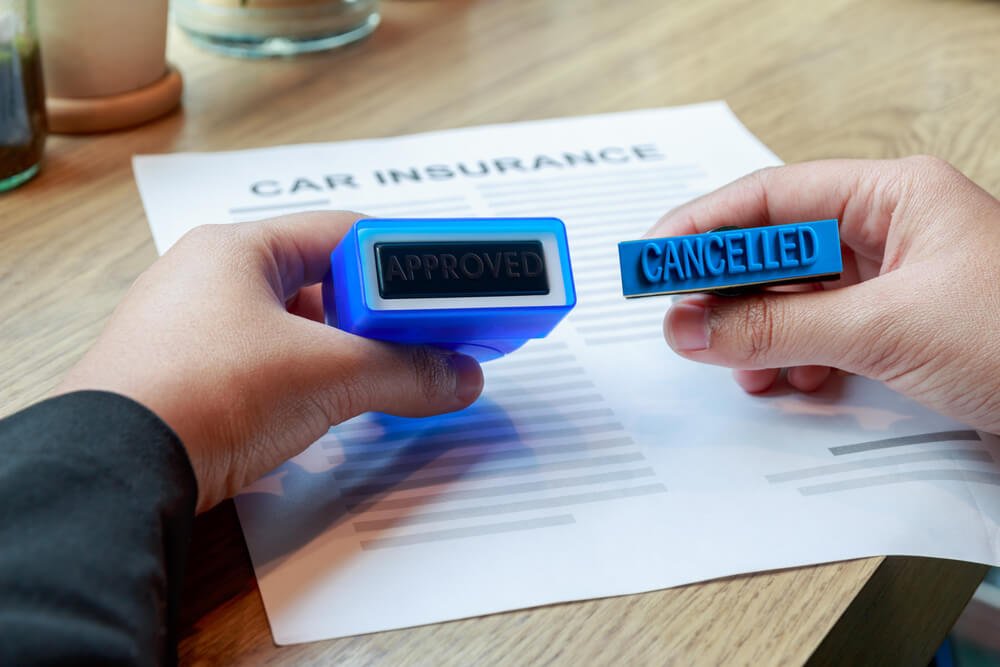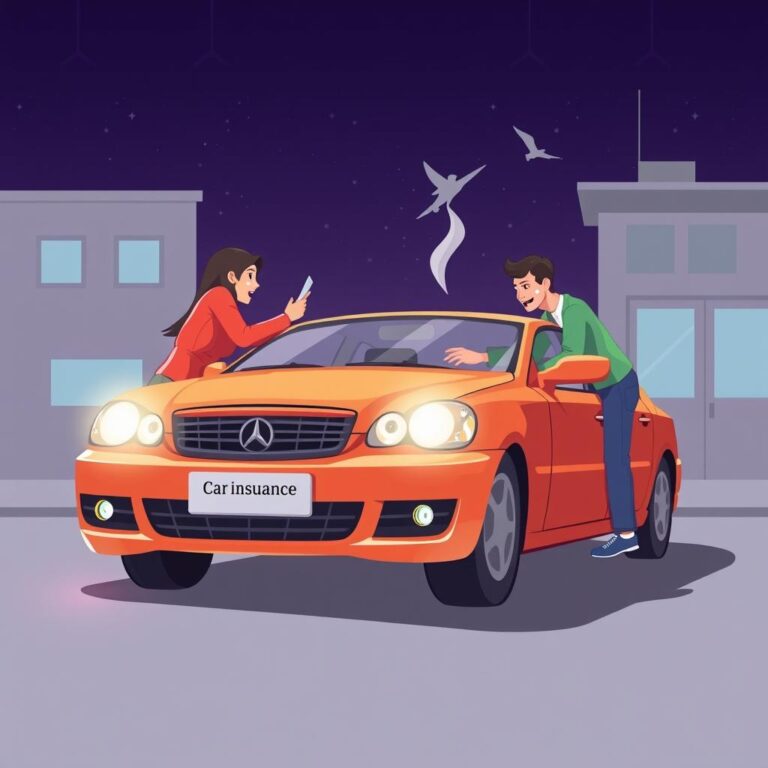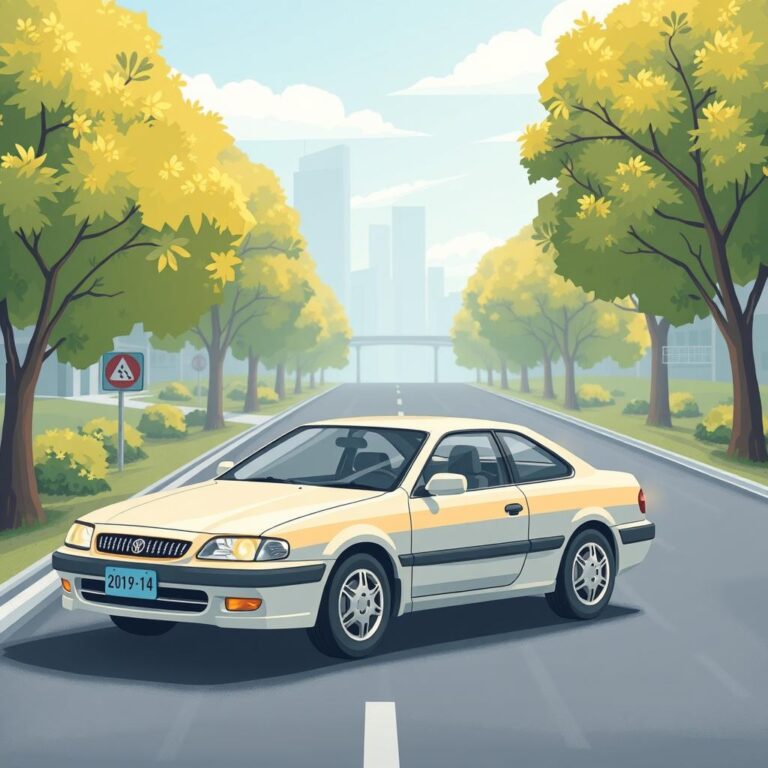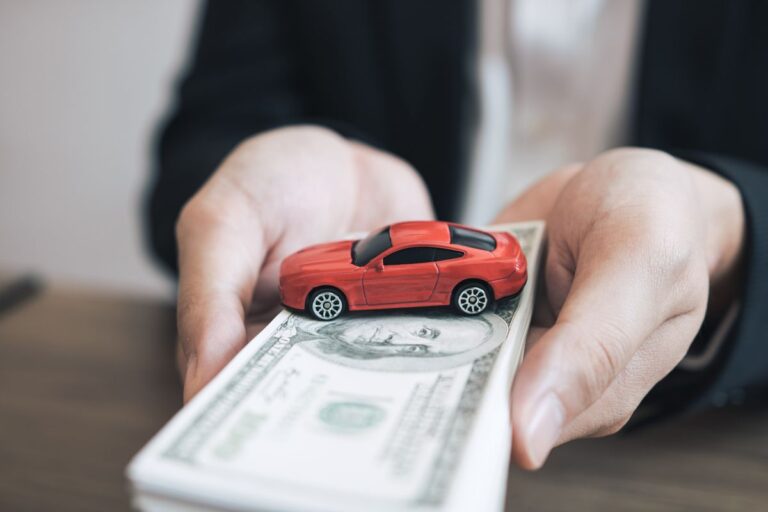Can You Get A Refund On Car Insurance If You Sell Your Car?
When you sell your car, one of the critical financial considerations is what happens to your car insurance.
Many people wonder if they can get a refund on their car insurance after selling their vehicle.
This post will explore the nuances of canceling your car insurance and the potential for refunds, ensuring you understand your rights and options.
What Happens to Your Car Insurance When You Sell Your Car?
When you sell your car, your existing car insurance policy does not automatically cancel. It remains active until you take steps to cancel it.
Therefore, it’s essential to be proactive about this process. Failing to cancel your policy could lead to unnecessary costs since you would be paying for coverage on a vehicle you no longer own.
If the new owner gets into an accident before you cancel the policy, you might still be liable for any claims related to that incident. Thus, it’s prudent to inform your insurer as soon as the sale is finalized.
Eligibility for a Refund
Cancelling Within the Cooling-Off Period
Most car insurance policies come with a 14-day cooling-off period. If you cancel your policy within this timeframe after selling your car, you are entitled to a full refund of any premiums paid, minus any small administrative fees that may apply.
This period begins once you receive your policy documents or when your coverage starts, whichever is later.
Cancelling After the Cooling-Off Period
If you are outside the cooling-off period, you can still receive a refund, but it will typically be partial. The amount refunded depends on several factors:
- Time Remaining on Your Policy: If you’ve paid for a year upfront and decide to cancel after six months, you’re generally entitled to a refund for the remaining six months of coverage34.
- Administrative Fees: Insurers often charge cancellation fees that can range from £25 to £150 depending on various factors such as whether you have a telematics device installed345.
- Policy Terms: Each insurer has specific terms regarding refunds and cancellations. Some may not refund the last one or two months of coverage5.
Steps to Cancel Your Car Insurance
- Contact Your Insurer: Call your insurance provider and inform them that you’ve sold your car and wish to cancel your policy.
- Provide Necessary Documentation: Be prepared to provide details such as your policy number and possibly proof of sale (like a bill of sale) or confirmation of vehicle ownership transfer4.
- Confirm Cancellation Fees: Ask about any cancellation fees that may apply and how they will affect your refund amount.
- Request Confirmation: Once canceled, request written confirmation of the cancellation and any refund due.
How do I cancel my car insurance after selling my car
When you sell your car, it’s essential to know how to properly cancel your car insurance to avoid unnecessary costs and potential liabilities.

Here’s a step-by-step guide on how to cancel your car insurance after selling your vehicle.
Steps to Cancel Your Car Insurance After Selling Your Car
- Complete the Sale: Ensure that the sale of your car is finalized. This includes signing over the title, completing a bill of sale, and transferring possession to the new owner. In some states, you may also need to file a Notice of Release of Liability with the DMV to protect yourself from any future claims related to the vehicle.
- Contact Your Insurer: Reach out to your insurance company as soon as the sale is complete. You can do this via phone, online, or through email, depending on your insurer’s policies. Be prepared to provide details such as:
- Your policy number
- The date of the sale
- A copy of the bill of sale or proof that you no longer own the vehicle.
- Request Cancellation: Inform your insurer that you want to cancel your policy because you have sold your car. Some companies may require a written request or specific forms to be filled out, so check with them for their cancellation process.
- Inquire About Refunds: If you have prepaid your insurance premium, ask about any refunds you may be entitled to. Typically, if you cancel within a 14-day cooling-off period, you can receive a full refund minus any small administrative fees. If you’re outside this period, you may still get a partial refund based on how much time is left on your policy.
- Confirm Cancellation: After you’ve submitted your cancellation request, ask for written confirmation that your policy has been canceled and any refund processed. This documentation is important for your records.
- Cancel Automatic Payments: If you have set up automatic payments for your insurance premiums, make sure to cancel those as well. This step ensures that no further payments are deducted from your account after cancellation.
Important Considerations
- Timing: Do not cancel your insurance before the sale is complete and ownership has been transferred to avoid potential liability for accidents involving the new owner.
- State Regulations: Be aware that some states have specific regulations regarding insurance cancellation and vehicle sales. Always check with local DMV guidelines to ensure compliance.
- Cancellation Fees: While many insurers do not charge cancellation fees, some may impose fees ranging from $50 to $100 depending on their policies.
By following these steps and considerations, you can effectively cancel your car insurance after selling your vehicle while minimizing any financial repercussions.
Conclusion
In summary, selling your car does allow for the possibility of receiving a refund on your car insurance, provided that you follow the correct procedures and are aware of the terms set by your insurer.
Whether within the cooling-off period or afterward, understanding these processes can help ensure that you maximize any potential refunds while minimizing unnecessary expenses related to insurance coverage on a vehicle you no longer own.
Always check with your specific insurer for their policies regarding cancellations and refunds to avoid surprises.





